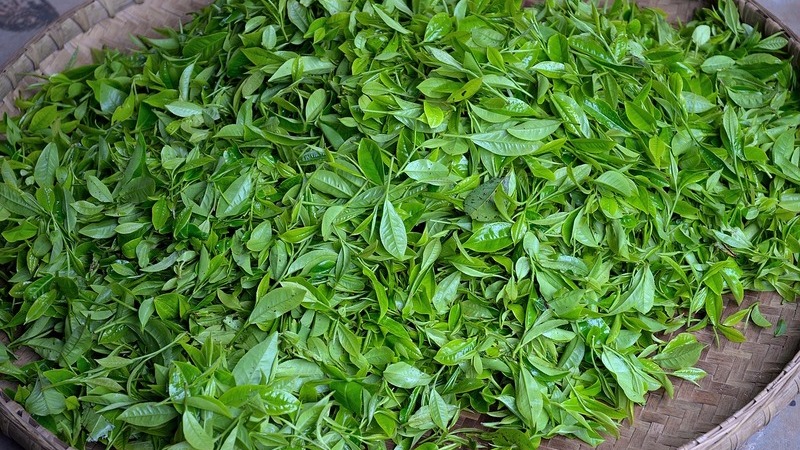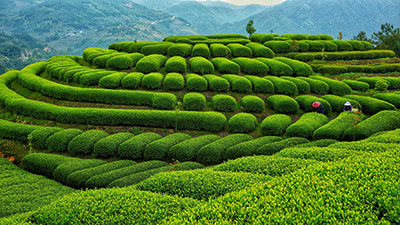
Chinese Scientists Discover the Mystery of Tea's Umami Flavor Loss
Zhang Zhaoliang's team from the National Key Laboratory of Tea Germplasm Innovation and Resource Utilization at Anhui Agricultural University has solved the mystery of tea's umami flavor loss. The research results were published in the international botanical journal Plant Cell.
Professor Zhang Zhaoliang's team found that tea contains a unique "flavor spirit" called theanine, which has a flavor similar to that of MSG and can balance the bitter taste of catechins and caffeine in tea. Theanine is the most abundant free amino acid in tea. In early spring tea, its content accounts for 1%-2% of the dry weight of tea, so the tea tastes fresh. As the temperature rises after the Qingming Festival, theanine content drops sharply like a "roller coaster", and may even drop by more than half. The loss of theanine causes the taste of tea to be greatly reduced.
In this study, Professor Zhang Zhaoliang's team discovered for the first time the entire process of theanine disappearance, in which the mitochondrial carrier protein CsTHS1 and theanine hydrolase CsGGT2 played a key role: the CsTHS1 protein on the mitochondrial membrane of tea tree cells is like a "courier", delivering theanine in the cytoplasm to the mitochondria, the "energy factory" of the cell; the CsGGT2 enzyme plays the role of theanine "decomposer", degrading theanine, resulting in a decrease in theanine content. The effects of CsTHS1 and CsGGT2 are directly related to the ambient temperature. As the temperature rises, the amount of CsTHS1 and CsGGT2 increases significantly, accelerating the decomposition of theanine.


Contact Us
Add: 414, Institute of Quality Standard and Testing Technology for Agro-products of Chinese Academy of Agricultural Sciences, No. 12, Zhongguancun South Street, Haidian District, Beijing, China
Email:typ@withworld.cn
Tel:+86 10 53647310